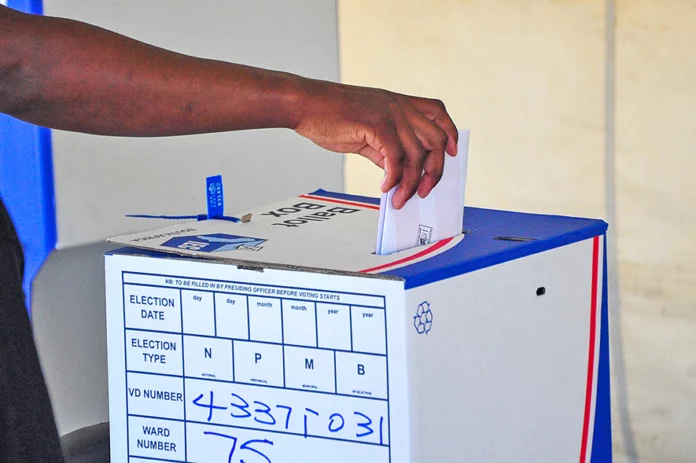Multi-party administration in South Africa appears to be a disaster, and one-party domination during the previous decades has proven not to be suitable either.
The exchange of power in the hands of two or three political parties has proven not suitable for modern democracies with fast-changing populations, as power to govern is increasingly being widely distributed and shared among numerous groups.
The partnerships or governing coalitions in a growing number of counties reflect this.
It is, therefore, important to consider governing coalitions, irregular as they might seem, as true expression of democracy at play. They are better suited for our times, for they might be an effective tool to accommodate diverse voices and interests.
We might consider them a slippery ideal for South Africa, because South Africans have and might continue to thrust governing coalitions in the hands of unwilling and unprepared leaders.
We need to judge leaders on their ability to unify and accommodate the will of citizens – it is ridiculous to claim that coalitions have failed, it is leaders, not the electorate or voting public that fail to build them.
It is leaders too that fail even if given a majority vote.
Some leaders have failed to bring about good governance and effective administrations where they are required, leaving our rural and urban communities effectively without administrations.
That is a leadership failure.
Dealing effectively with crises is a badge of genuine leadership. The value of finding likely and unlikely allies working well cannot be over-emphasised.
South Africa must accept that the country will soon be governed by coalitions. Where none exist, there will be a political vacuum, and winning a majority vote cannot guarantee success of victors.
It is not money, influence, ideology, or history of leaders that determines success or failure, but the skills, knowledge and appropriate attitude towards people’s mandate that win the day.
Indeed, leaders are already forced to deal with pressure groups, as well as issues-based coalitions brought together in fights against common enemies.
Gaining effective political power is getting harder. Coalition-building is also not easy but necessary, however, it is crucial for big and small groups to project themselves as capable attractive alternatives.
They must successfully fight and overpower the corrupt or ineffective insiders; they must introduce enabling rules of the game, and the creation of an enabling environment should be engendered.
Access to required resources including recruitment of volunteers, as well as paid workers and experts must be a priority, they must strive to earn significant votes and enhance their public reputation.
Power and the exercise thereof is increasingly being contested in South Africa for legitimate historical reasons. What are the lessons learnt?
Power and social trust could be abused by the unaccountable, and this necessitates that our constitutional values be safeguarded and promoted by all including the media and judiciary.
South Africa must learn to live with diversity, as well as hung administrations, political rivalries are necessary. Social instability and economic stagnation should be avoided and managed.
Sadly, they are likely to increase for a while.
The provision of public services continues to suffer, and secret deals of convenience must be discarded. Our votes should not be traded and sold.
Unscrupulous leaders and their political parties must be denied the power to govern or access to political office. They must not be allowed to take advantage of the situation.
South Africa needs big and small parties to thrive and compete for power. There is an abundance of disgruntled voters that are not adequately served, neither are they indebted or tied to existing political parties.
Parties should serve people and common national interests, and leaders must advance lofty ends. Entrenched vested interests must not exclude the disadvantaged majorities.
Grouping together big and small political players with care and integrity is vital; their resourcefulness is the remedy against the abuse of power, malfeasance, and corruption.
Coalitions might be a force for good while others might resist change and development.
Insiders, however, usually oppose change and apply all tactics to bribe, blackmail, divide, coopt or destroy marginal small political parties and leaders.
Successful and benevolent governing coalitions will withstand the onslaught, they should grasp to their advantage the benefits that arise from opening power spaces.
South Africa’s democracy must be preserved and progressively changed for the better by society and its leaders, and leaders must translate the wishes of South Africans into good, open, and accountable coalitions.
• Mkhabela is a professional community organiser



